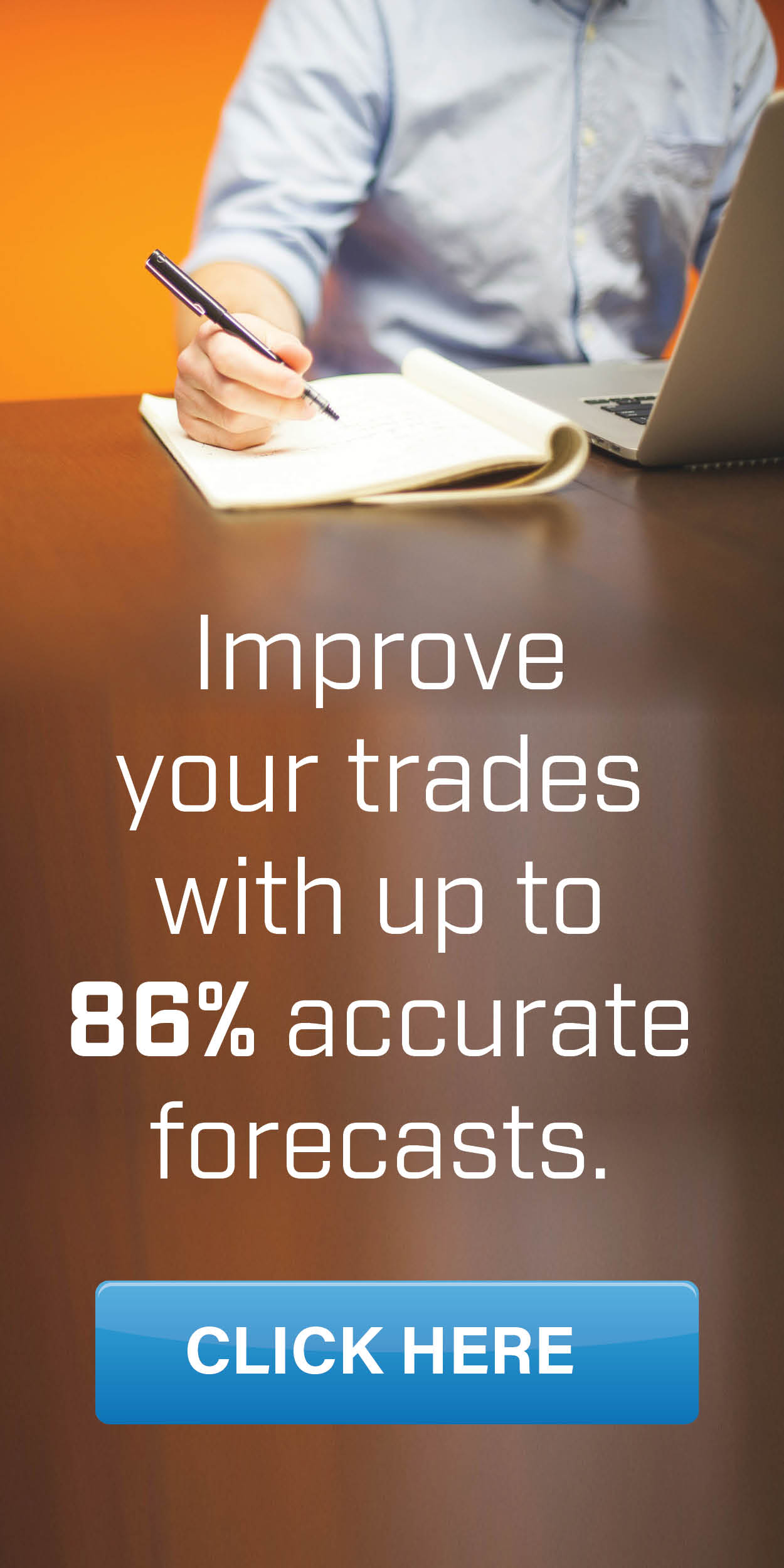3 Problem Trading Behaviors: How To Solve Them

It’s worth reminding ourselves that every trader is responsible for their trading actions and behavior. How we behave or act (i.e., what we do or don’t do) when trading will largely determine our trading success. Here are 3 common day trading problems related to how traders act. Left untamed, they will lead to failure. All are within the control of the trader and can, therefore, be corrected.
Problem Behavior #1: Trading Without a Game Plan
Traders coming into the trading day without a game plan put themselves in a precarious position. We are not talking about a trading plan here, but a game plan. Your trading plan will specify trade setup criteria, risk parameters, and the like. Your game plan tells you how you will implement your trading plan in tomorrow’s market.
In preparing a solid plan you first evaluate market conditions. The task is to identify how the market is likely to trade tomorrow and where the next trade setup is likely to occur. If, for example, the current trend has been up with no evidence of concentrated selling, then you might look to buy morning weakness against a key support level for a resumption of the trend. Having a game plan gives you strategic points at which you look for a trade. Even if the market acts differently from what you expect, the game plan is still valuable. Not doing what you expect is useful data. Having no game plan leaves you trading blind. Make a game plan as part of your nightly preparation.
Problem Behavior #2: Trading Too Large
Novice traders watch the market move and think, “If I traded this with 10 more contracts, I would have made real money!” Thoughts like this can drag a trader downhill very fast.
Professional traders think first about risk, not about how much money they can make. They strive to keep their risk under 2.5% for each trade. They know that even when a trade setup looks perfect, there is still a probability it will fail. How much can be lost and how best to manage the risk are prime considerations for the pro. The novice’s attention is often on how much profit will be made. Trading too much size places the trader outside reasonable risk parameters. Any mistake can then be account-damaging. Learn money management and set a responsible risk threshold you do not violate while trading.
Problem Behavior #3: Trading Too Frequently
Trading too often during the trading day is another common problem behavior. Some traders jump in and out of the market repeatedly, acting as if they are competing with the high frequency traders. The retail trader pays a significant cost each time a trade is taken, even though commissions and fees have declined over time. The “vig” can easily eat into profits. A trader who makes a few S&P E-mini points a day can give all her profits back in commissions and fees if her trading is too frequent.
The thought that you need to capture every market wiggle and waggle is faulty thinking. In a market like the S&P E-minis, there are usually two (sometimes three) good swings a day. It might rally in the morning, have a reaction in the middle of the day, and then resume the rally in the afternoon. On many days, we see reversals occur in the morning that lead to a good swing into the noon hour.
Smart traders understand that most markets have a good swing or two each day. They work to capture a portion of at least one of these swings. This brings us back to the game plan. You can often identify a location where a trade is likely to set up the next day, at which point a good swing may start. If the market acts as you anticipate, take your trade and hold it until it reaches your swing target or until price action or your indicators tell you it is time to close the trade. Not only is this a more profitable way to trade, it is a more relaxed and psychologically prudent style of trading. Traders who trade frenetically usually feel highly stressed. Unchecked stress can affect our ability to make sound decisions and act skillfully.
Trading without a game plan, ignoring risk, and making numerous trades a day can work against the best interests of the trader. Change these easily correctable actions and bring your trading under better personal control. The more control you exercise over these behaviors, the better your trading is likely to be.
= = =


